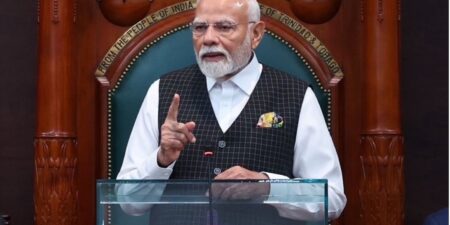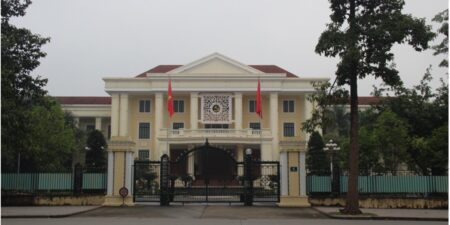The BGA Fiji Team, led by Senior Adviser Amb. Ian Kemish, wrote an update to clients on the first budget passed by Fiji’s new government.
Context
- Fiji’s Parliament on July 13 adopted the coalition government’s highly anticipated first national budget, which was delivered June 30. The budget was a crucial test for the new government, which sought a balance between delivering on its election promises to address Fiji’s extreme poverty and high cost of living and tackling the country’s soaring debt levels.Twenty-nine members of Parliament voted for the budget, and 24 voted against it. The vote mirrored the chamber’s government-opposition split.
- Deputy Prime Minister and Finance Minister Biman Prasad prepared the public for a “tough but fair and balanced” budget that could nonetheless be “painful” for some. Prime Minister Sitiveni Rabuka on June 28 delivered a state of the nation address in which he told Fijians that “to rebuild, … some sacrifices and collective commitment will be needed to address the troubled economy.”
Significance
- The budget has a total government expenditure of FJD 4.3 billion (US$2 billion) and projects revenue will amount to FJD 3.7 billion ($1.7 billion), leaving a deficit of FJD 639 million ($293.2 million). Almost 25 percent of the budget will be allocated toward servicing the country’s debt.
- The impact of the new economic measures remains to be seen, particularly how the Fijian population will bear the value-added tax increase. Critics of the budget argue that consumer demand could weaken amid the current period of high inflation, with negative implications for Fiji’s economy and debt burden. Others, recognizing the importance of government spending in Fiji’s state-centric economy, argue the value-added tax increase will allow the government to reduce the debt burden while avoiding spending cuts and austerity measures.
- The corporate tax rate will increase from 20 percent to 25 percent. Finance Minister Prasad claims the business community has responded positively to the tax rate hike considering the government’s fiscal struggle but has asked in return that the government focus on improving the regulatory environment and reduce hurdles to conducting business. The corporate tax rate increases are expected to create around FJD 73.5 million ($33.7 million) in revenue.
Implications
- Investor confidence should improve following the budget’s approval, which will allay concerns about spending cuts and tax hikes. A reduction in the debt level paired with Fiji’s relatively strong growth trajectory will also boost Fiji’s business outlook.
- Fiji is squarely in the international spotlight and hopes to strengthen relations with Western democratic partners that have a presence in the Pacific. Fiji entered a status of forces agreement with New Zealand this month, which will enhance bilateral defense cooperation.
We will continue to keep you updated on developments in Fiji as they occur. If you have any comments or questions, please contact BGA Senior Adviser Amb. Ian Kemish at ikemish@bowergroupasia.com.
Best regards,
BGA Fiji Team


























